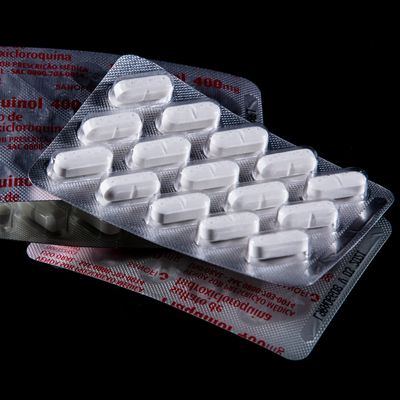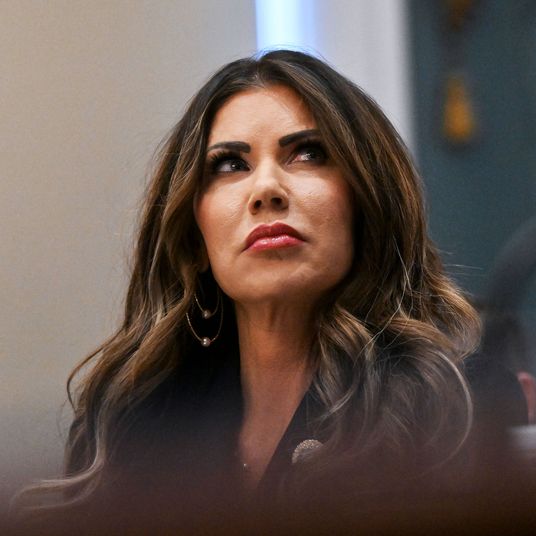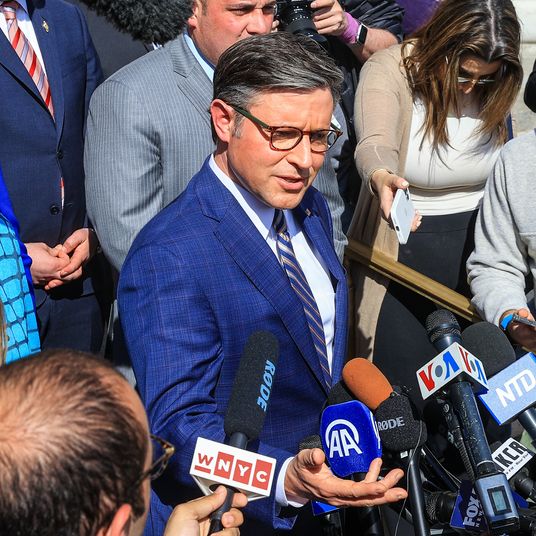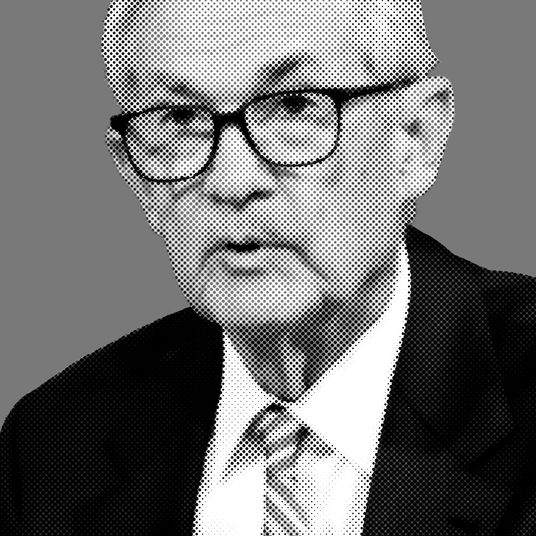
We’re committed to keeping our readers informed.
We’ve removed our paywall from essential coronavirus news stories. Become a subscriber to support our journalists. Subscribe now.
Hydroxychloroquine has demanded much of the attention in conversations on possible treatments for the coronavirus, as it has found a tremendous booster in President Trump. After he touted its potential in March, demand for the antimalarial drug surged despite there being no clinical evidence at the time showing that it effectively treated COVID-19.
Though several more recent studies showed that the drug did not outperform the placebo and was dangerous for some at-risk groups, hydroxychloroquine returned to the front of the news cycle on Monday when President Trump announced that he was taking the drug as a prophylactic.
The negative impacts of Trump’s attention were immediate, leaving some lupus patients struggling to fill much-needed prescriptions for hydroxychloroquine. Scientists have also raised concerns about the politicization of the drug, calling for patience so that more large-scale, randomized trials can be conducted.
“The virus is not Democrat or Republican, and hydroxychloroquine is not Democrat or Republican, and I’m just hopeful that people would allow us to finish our scientific work,” Dr. William O’Neill, an interventional cardiologist, told the New York Times. O’Neill is involved in a study in Detroit examining the drug as a potential prophylactic. “The worst thing in the world that would happen,” he added, “is that at the end of this epidemic, in late September, we don’t have a cure or a preventive because we let politics interfere with the scientific process.”
Here’s what we’ve learned so far from studies of hydroxychloroquine’s potential use in fighting COVID-19.
French study suggested hydroxychloroquine was effective — but it drew heavy criticism
While cheerleading the drug in March, the president referenced a recently published study conducted by the International Society of Antimicrobial Chemotherapy, which found that “hydroxychloroquine treatment is significantly associated with viral load reduction/disappearance in COVID-19 patients,” and the effect was “reinforced by azithromycin,” the antibiotic better known as a Z-pack.
However, researchers called the French study — which included only 36 patients — “pathetic” and “a complete failure” due to the minuscule sample size made even smaller by patients who quit the trial because they were doing poorly on the drug. These dropouts were not factored into the study’s conclusions.
In response, the society said “additional independent peer review is ongoing to ascertain whether concerns about the research content of the paper have merit.”
Study found higher death rate among veterans taking hydroxychloroquine
A study conducted at U.S. Veterans Health Administration medical centers found that COVID-19 patients who took hydroxychloroquine were more likely to die than those who did not. The study looked at 368 men, many of whom were severely ill; 97 patients who took hydroxychloroquine had a 27.8 percent death rate, while the 158 patients who did not take the drug had an 11.4 percent death rate. The drug also did not reduce the likelihood of a patient going on a ventilator. (Ventilators have proven to be a complicated treatment in their own right.)
The study was posted on a pre-print server in mid-April and has yet to be peer reviewed or published in a medical journal.
Following the publication of the study, the Food and Drug Administration issued a warning that “cautions against use of hydroxychloroquine or chloroquine for COVID-19 outside of the hospital setting or a clinical trial due to risk of heart rhythm problems.” According to the New York Times, some bioethicists are calling on the FDA “to revoke an emergency waiver it granted in March to accept millions of doses of hydroxychloroquine into the national stockpile for use in hospitals.”
On Tuesday, defending his apparent decision to take the drug, President Trump dismissed the research as “a bad survey” because doctors administered hydroxychloroquine to patients “that were in very bad shape, they were very old, almost dead.”
“It was a Trump enemy statement,” he said of the study, which was funded by the National Institutes of Health and the University of Virginia.
Other studies cast doubt on the drug’s efficacy as a COVID-19 treatment
A paper published on April 24 detailed a study of 81 hospitalized patients in Brazil, which was cut short after coronavirus patients taking a higher dose of hydroxychloroquine quickly developed irregular heart rates that increased their risk of a fatal heart arrhythmia. Within three days, researchers noticed arrhythmias among patients taking a higher dose of the drug; the higher-dose segment of the study was stopped on its sixth day, after 11 patients had died.
In early May, an observational study of 1,446 patients at New York-Presbyterian-Columbia University Hospital was published showing no benefit to the drug. Of the patients given hydroxychloroquine, 32.3 percent ended up needing a ventilator or dying, compared to 14.9 percent of patients who did not receive the drug. Doctors involved in the study, however, were more likely to give the antimalarial to sicker patients, which most likely skewed the data.
Last week, two studies published in the British Medical Journal provided more evidence against the drug’s use in coronavirus patients. One randomized trial of 150 patients conducted in China found that those with mild-to-moderate cases given hydroxychloroquine did not recover from the virus any faster than those who received the standard treatment. And an observational trial of 181 patients conducted in France noted that hydroxychloroquine treatment “was not associated with a reduction of admissions to the intensive care unit or death 21 days after hospital admission compared with standard care alone.”
Research on hydroxychloroquine’s use as a preventative is ongoing
Though clinical results currently suggest the drug is dangerous for coronavirus patients, there are still around 50 ongoing trials in the U.S. hoping to provide a clearer picture of the antimalarial’s potential use in the pandemic. Three of these trials are examining whether the drug has any preventative properties — the purported reason that Trump is on hydroxychloroquine.
One study concerning prophylaxis is currently being conducted by researchers at the University of Minnesota, where researchers will provide the drug to around 750 volunteers who are at high risk of contracting the virus to determine if it provides any protection.
Another study of around 15,000 is being led by Duke University, determining if health-care workers who take hydroxychloroquine are less likely to get COVID-19.
Last week, the National Institute of Allergy and Infectious Diseases announced a 2,000-patient study to determine if the drug can “prevent hospitalization and death from COVID-19.”
This post has been updated throughout.






























